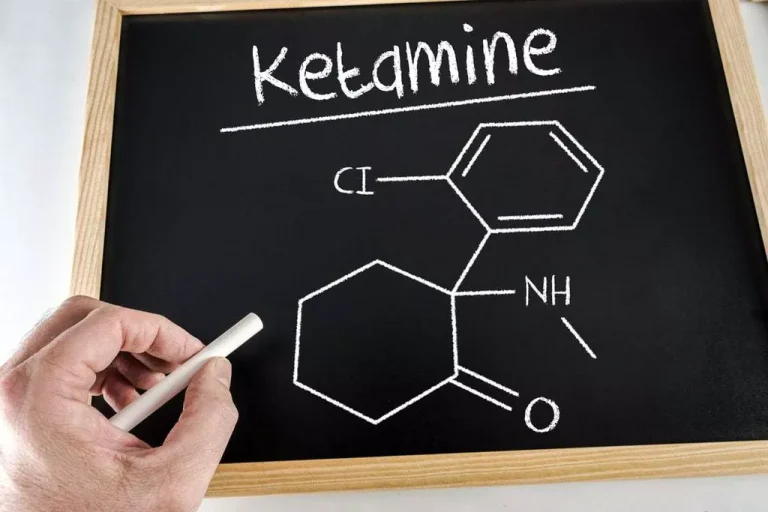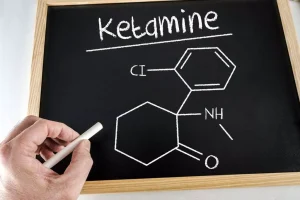
Antioxidants, called polyphenols, may help protect the lining of blood vessels in the heart. Drinking a glass or two of non-alcoholic red wine may reduce your risk for heart disease. In small amounts, alcohol can act as an anticoagulant, reducing blood’s ability to clot and causing it to start thinning. Always ask your doctor if it’s safe for you to consume alcohol while taking blood thinners. If you must drink alcohol while taking blood thinners, do so in moderation. However, this exact mechanism may increase your risk of bleeding from strokes.

Is Beer a Blood Thinner?

Alcohol, in low to moderate amounts, thins the blood, potentially reducing the risk of clots. But moderation is key – and doctors don’t recommend drinking alcohol to protect against DVT. Consuming alcohol will thin your blood, making you more susceptible to heavy bleeding or bruising if you experience an injury. The effects of alcohol on the blood are either short- or long-term.
Can You Drink Alcohol and Blood Thinners at the Same Time?
According to the above review, daily drinking of significant amounts of alcohol can increase platelet aggregation and reactivity, meaning it may increase the risk does drinking thin your blood of blood clots. Moderate drinking is one drink daily for women and two drinks daily for men. However, if you are taking blood thinners, drinking even that much may be risky. Your doctor should explain these important facts to you, along with information about your specific health status. If you don’t have major health issues, you may be able to drink lightly to moderately with your doctor’s permission.
LEVELS OF CARE

The effects of alcohol may be similar to blood thinners, but you should not replace your medication with alcohol. If you drink too much or are concerned about how much you drink, you should speak to a physician about lowering your alcohol intake or getting treatment through a rehabilitation program. Working with an addiction specialist to safely detox from alcohol and then get behavioral treatment through rehab is the best process for ending AUD and other forms of problem drinking. Fortunately, there are many evidence-based programs available, which specialize in treating alcohol use disorder.

- Moreover, consistent dehydration can cause lasting damage to these sensitive areas.
- Short-term effects occur because of how alcohol impacts receptors in the blood.
- New research has found that moderate consumption, meaning one or two drinks per day, can decrease cardiovascular disease risk.
- While alcohol may have blood thinning effects, it may also increase the risk of cardiovascular conditions and blood clots.
Excessive alcohol consumption can lead to high blood pressure, heart failure, or stroke. It can also contribute to cardiomyopathy, which affects the heart muscle. Specific steps should be taken under medical supervision to ensure safety when combining alcohol and blood thinners.

Keep reading to learn more about this blood-thinning effect, how alcohol interacts with blood-thinning medications, and more. Detoxification, or detox for short, is removing alcohol from your system while managing withdrawal symptoms. However, some people have genetic variations that affect the activity of these enzymes. These variations can determine how quickly or slowly Twelve-step program you metabolize alcohol, making you more or less susceptible to its effects. Another enzyme, aldehyde dehydrogenase (ALDH), converts acetaldehyde into acetate. While the liver breaks down alcohol, it also affects essential neurotransmitters in the brain.
Can You Drink Alcohol on Blood Thinners?
If you want to thicken your blood naturally after drinking alcohol, one of the best ways to do it is by consuming foods that are high in vitamin K. Ark Behavioral Health offers 100% confidential substance abuse assessment and treatment placement tailored to your individual needs. Since blood thinners and alcohol are both anticoagulants, taking them together can cause serious issues.
Can You Drink Alcohol While on Blood Thinners?
- From there, enzymes in your liver break down about 95 percent of the alcohol you consume.
- Specific blood vessels near the heart rely on receptors to keep blood pressure at a healthy level.
- Does alcohol have beneficial effects by thinning your blood down?
- Alcohol can negatively affect the muscular and skeletal systems by thinning the bones over time.
Alcohol consumption increases your risk of injuries, liver disease, heart disease, gastrointestinal issues, cancer, and more. Any amount of alcohol that exceeds the daily limits of “moderate drinking” is considered heavy drinking, which brings additional health risks. Binge drinking and heavy drinking, on the other hand, can increase the risk of excessive bleeding and hemorrhagic stroke, even when not drinking. While moderate alcohol use can work as a blood thinner, heavy alcohol intake and binge drinking can have very serious consequences. These changes in the blood aren’t dangerous for most people, but https://ecosoberhouse.com/ those on anticoagulant medications (blood thinners) should limit their alcohol intake to one standard drink per day. This antioxidant may reduce harmful cholesterol levels and minimize the risk of blood clots.
However, there are a few ways to get around this problem if you wish to consume alcohol but are taking a blood thinner. This is why you need to consult your doctor and take their informed advice about drinking while on blood thinners seriously. It helps to convert fibrinogen into fibrin, a protein that forms a mesh-like structure that helps stop bleeding. It also activates other proteins that are involved in the clotting process. Drinking reduces platelets in the blood, mainly by inhibiting blood cell production in the bone marrow.







